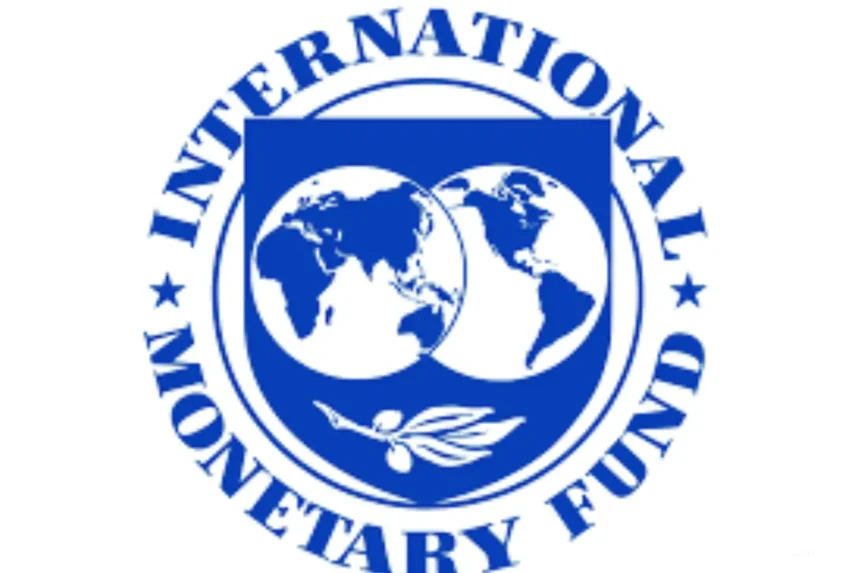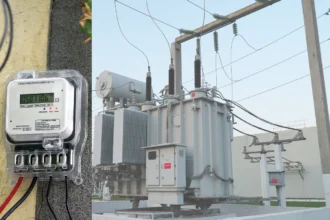The International Monetary Fund (IMF) has noted that although Nigeria has implemented substantial reforms to stabilize its economy, the country continues to face a highly uncertain macroeconomic outlook.
This observation was part of the IMF’s statement following the conclusion of its 2025 Article IV Consultation with Nigerian policymakers. The consultation, led by IMF Mission Chief Axel Schimmelpfennig, acknowledged Nigeria’s recent efforts to restore economic stability, enhance resilience, and support growth.
According to the Fund, policy reforms such as ending the financing of fiscal deficits by the Central Bank of Nigeria (CBN), removal of costly fuel subsidies, and improvements in the foreign exchange market have collectively placed the country in a stronger position to handle global economic headwinds.
Despite these positive steps, the IMF emphasized that the benefits of these reforms have not yet reached the broader population. Poverty and food insecurity, it noted, remain widespread challenges that continue to impact millions of Nigerians.
“The reforms implemented since 2023 have better equipped Nigeria to respond to external shocks. However, the economic outlook remains clouded by significant uncertainties, including high global risk sentiment and declining oil prices,” the IMF stated in its final report.
The Fund advised that Nigeria’s macroeconomic policy approach should now focus on strengthening fiscal buffers, reducing inflation, and creating a more enabling environment for private sector-driven growth. It also urged the government to prioritize public spending that supports economic development and social welfare.
As part of its fiscal recommendations, the IMF highlighted the importance of redirecting savings from fuel subsidy removal towards budgetary priorities. These include critical infrastructure investments and the expansion of targeted cash transfer programs supported by the World Bank to cushion the most vulnerable against food insecurity.
On the monetary front, the IMF advocated for a tight monetary policy stance to rein in inflation. It commended the Monetary Policy Committee’s (MPC) data-driven strategy and suggested introducing a clearly defined disinflation path to help anchor public expectations around inflation.
The IMF team held discussions with key figures in Nigeria’s economic and financial landscape, including the Minister of Finance and Coordinating Minister of the Economy, Wale Edun; Minister of Agriculture and Food Security, Abubakar Kyari; CBN Governor, Yemi Cardoso; and other senior government officials. Representatives from the private sector, academia, civil society, labor unions, and the Ministry of Environment also took part in the consultations.


















